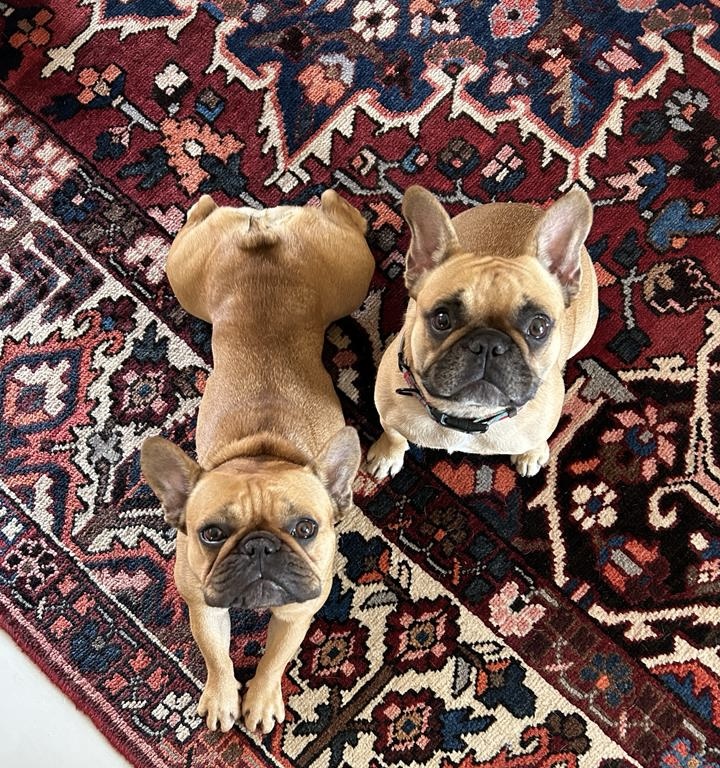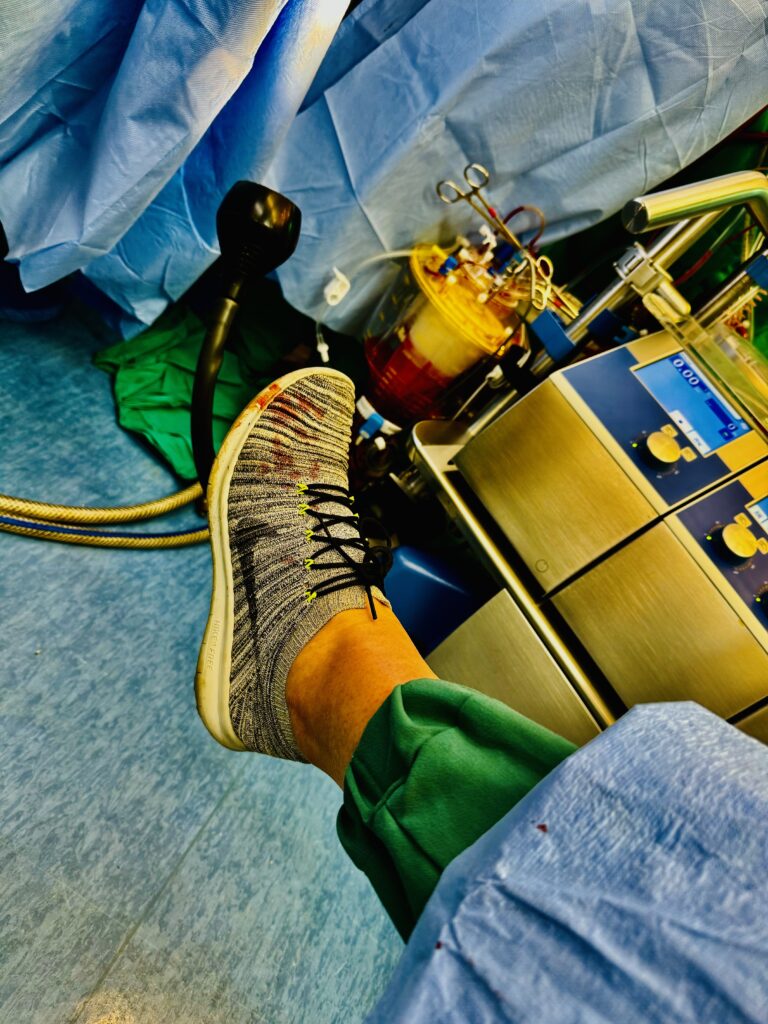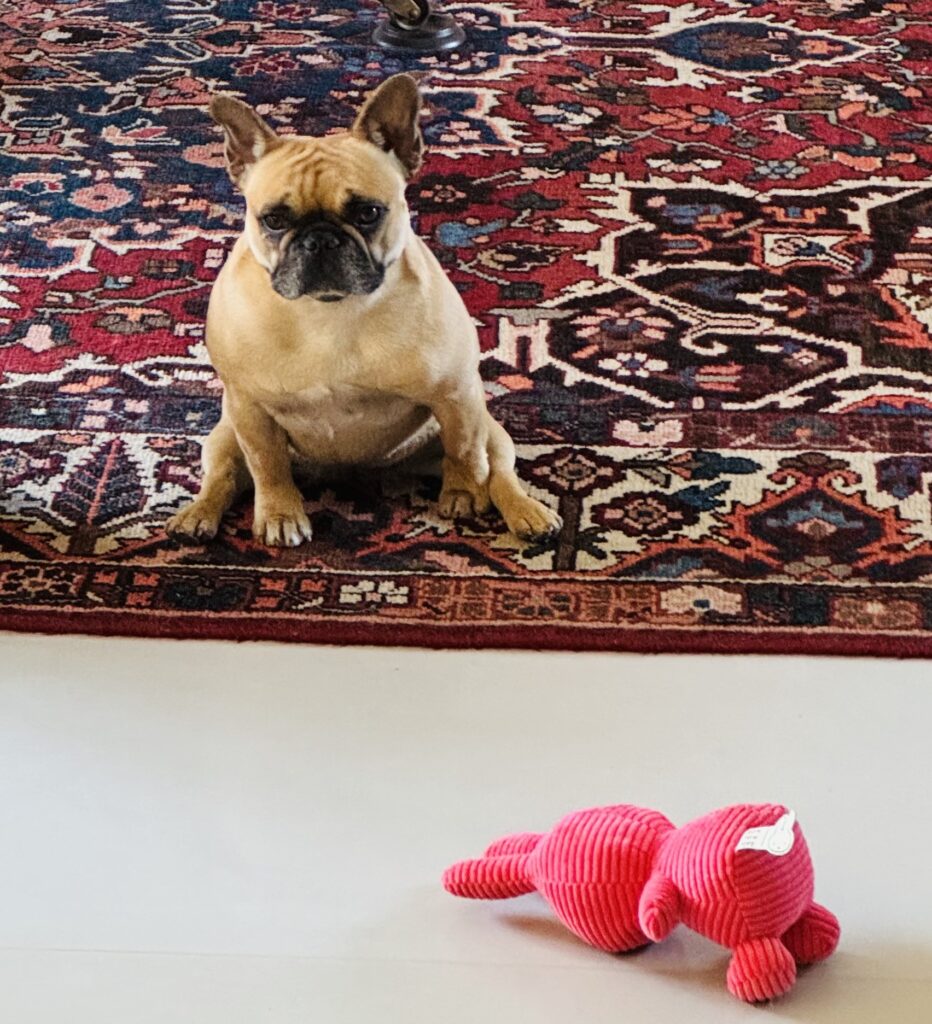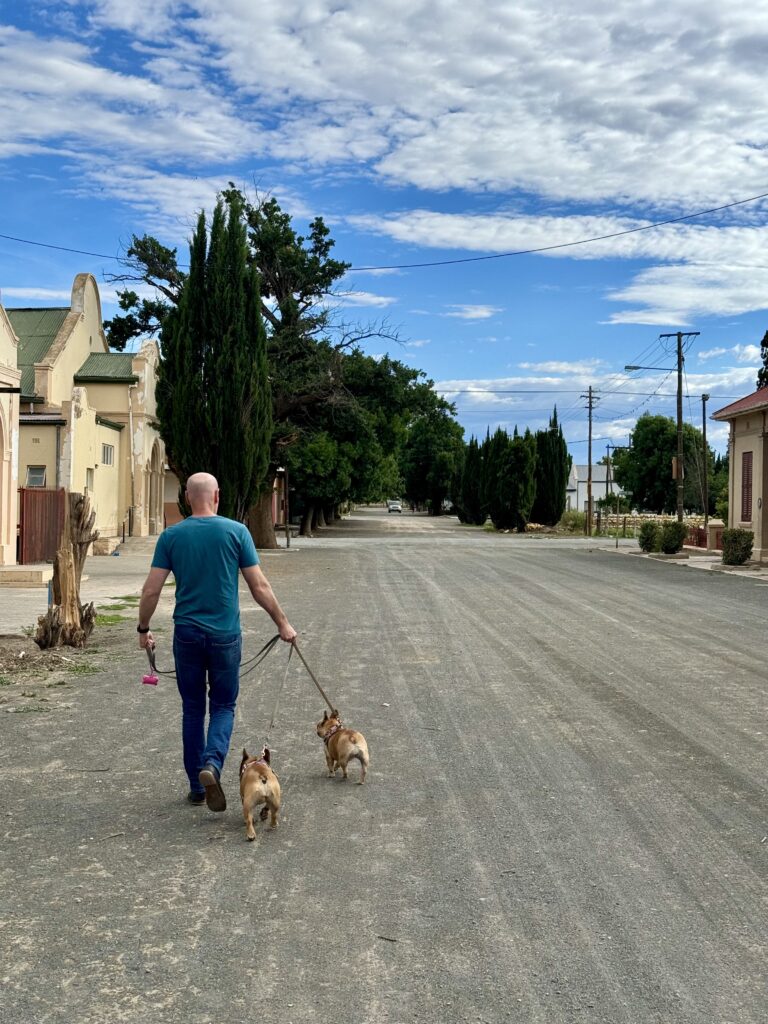





Every day from exactly 17:00, my dog Lola starts looking at me intently, with hope in her eyes. She wants to go for a walk. It is impossible to ignore the hopeful Miss Lola and so it is best just to leave what I am busy with to take her for her daily stroll around the estate. Hope. It is an interesting notion that philosophers and psychologists have discussed over centuries. Aristotle, an ancient Greek philosopher, viewed hope as a “waking dream”. He regarded hope as an active pursuit of a desired future based on past experiences and present perceptions. So, according to Aristotle, Lola’s hopeful expression is appropriate because she knows that, as per usual, I will relent and take her on the walk she longs for. But why do we hope even when we have no proof that the outcome we hope for will happen? Plato, another Greek philosopher and Aristotle’s teacher, stated that hope without the foundation of experience is irrational and can lead to disappointment – false hope. And yet, it is human nature to have hope, even against all odds.

Hope is the thing with feathers. That perches in the soul. And sings the tune without words. And never stops at all – Emily Dickinson
I have been labelled as a pessimist by some, much to my dismay. I don’t consider myself pessimistic. I can analyse a situation fairly quickly and envision the different scenarios it can lead to. When I voice my concerns or heed caution, people tend to perceive me as being pessimistic. I think of myself as a realist. Someone who sees the wood from the trees and doesn’t struggle to acknowledge the hard truths of a situation. However, despite my being very in touch with reality, I can’t help but be a hopeful person. I remind my trainees at the bedside of a very ill patient that one rarely beats the odds. Mortality rates are there for a reason. It has been established by studying patient outcomes over the years, and yet, despite my knowing what the literature dictates, I can’t help but hope that this time, for this patient, it will be different.

Hope is the crystal meth of emotions. It hooks you fast and kills you hard – Jennifer Donnelly
Hope is different from optimism. Hope is not only an expectation. As Aristotle said, hope reflects our desires. It is a desire for an outcome, even an improbable one, and a belief in its possibility. One can hope for an unlikely outcome, such as a miraculous cure for an illness. It amazes me how hopeful people are in the most terrible circumstances, despite having no evidence that the outcome will satisfy their desires. Afrikaans we have a saying: “die hoop beskaam nie”. This saying roughly translates to “hope does not disappoint” or “hope does not shame”. Maybe Immanuel Kant, a German philosopher and one of the central thinkers of the Enlightenment, was right when he focused on hope as an attitude that allows human reason to relate to those questions which cannot be answered by experience. I think it’s due to hope that humanity still exists today. If we didn’t hope, we would not plan for the future or fight for the future we so desperately want. When someone loses hope, they stop living because they stop caring about their future.
Totally without hope, one cannot live. To live without hope is to cease to live – Jürgen Moltmann
Viktor Frankl, an Austrian psychologist who survived the holocaust, emphasised that hope is not merely a passive feeling, but an active choice one can make, even when facing the most challenging situations. He believed that the ability to find meaning and purpose, even amidst despair, was crucial for survival and resilience. During his time in a concentration camp, he observed that individuals who maintained a sense of hope, often through dreaming of the future and believing in something beyond their immediate circumstances, were more likely to endure hardship. Charles Snyder, an American psychologist who specialised in positive psychology, identified hope as the belief that one’s future will be better than the present and that one can make it happen. I think the enemy of hope is powerlessness. A person loses hope when their ability to act and change the future is taken away.
We must accept finite disappointment, but never lose finite hope – Martin Luther King Jr

It is not easy to remain hopeful. It can be very uncomfortable to hope, as hope is always accompanied by some anxiety about or even fear of an adverse or unexpected outcome – an outcome one didn’t hope for. According to Descartes, a French philosopher, hope is a weaker form of confidence. It consists of a desire together with a disposition to think of it as likely but not certain. Spinoza, a Dutch Jewish philosopher, echoed this as he defined hope as a form of pleasure or joy that is mingled with sadness due to the uncertainty of the outcome. I sometimes try to remind myself to lower my expectations because I realise that my hopefulness might lead to great disappointment. I find it very difficult to regulate my hopefulness despite my better judgment. Nietzsche, another German philosopher, would think of me as a gullible, wishful thinker. He viewed hope as “the worst of all evils because it prolongs the torments of man”. Yet, despite the disappointments I’ve had to face in the past, I find that I am unable to lose all hope. There is always the little voice in my head asking, “What if this is different?”.
To wish was to hope, and to hope was to expect – Jane Austen
Viktor Frankl’s view of hope resonates with me. I think hope is a choice. One must choose to continue dreaming and desiring, despite terrible past experiences. It is true that a good dose of realism should accompany hope. Otherwise, one only has false optimism as Socrates, the father of philosophy, explained. Hope, at its core, is also a moral commitment to act – a refusal to disengage, even when despair feels justified. It is the ethical insistence that we keep caring, keep working, keep believing that change is possible. I find it very difficult to remain hopeful in a situation when I have to await the outcome passively. I tend to agree with Charles Snyder that to stay hopeful, one has to believe one has the power to change things. My dog Lola understands this concept. When I take too long to finish up what I’m busy with or if it looks like I’m ignoring her hopeful stare, she takes action. She starts pawing me until I reach for her harness.

Nietzsche might think I’m a fool, but I want to remain hopeful in life despite the potential anxiety and sadness this hope can bring, as Descartes and Spinoza warned. As Aristotle described, I am going to continue my waking dream because I want to dream about a better future, and I have the power to make it happen.
The natural flights of the human mind are not from pleasure to pleasure, but from hope to hope – Samuel Johnson